Moments of 2018: The closure of Telltale Games
The human cost of game development.
Involuntarily awake at 3AM, blearily scrolling through my Twitter feed, the news of Telltale's majority studio closure was a real heart-stopper, despite the multiple times similar news had already broken this year. Just like that, one moment a developer is there, then they're gone. This, coupled with more than one indie developer opening up about the obligation to turn their games into huge successes to keep their head above water, and several reports of unacceptable working conditions at large-scale studios, made it obvious that video game development is a volatile business, perhaps more than ever.
Telltale is an especially pertinent case, because when a beloved studio abruptly closes, after the smoke clears and the bafflement dissipates, the illusion that many have of video game design as some sort of magical land of endless creativity and piles of money has taken another hit. Telltale is even more than that - it has had great influence on the gaming industry and the way we look at narrative games, to the point that even the words "ex-Telltale employee" are a badge of honour, both for delivering creative storytelling and doing the best in the face of adversity.
A high-pressure environment, unbelievably long hours, steadily shrinking team sizes and finally, being stranded with no health care at the end of it all, are more than mere stumbling blocks, yet they're ones that many thought of as necessary trade-offs for a dream job. They aren't and shouldn't be. It's easier to forget about the human cost of video game development as long as a studio is still intact, as long as the only words we hear are 'redundancy' and 'restructuring'. Once the whole house comes down, there's a shift. It's no longer 'just' a select few people who lost their jobs.
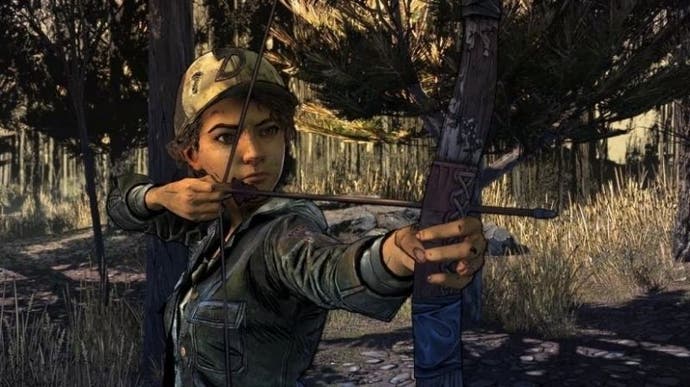
We need to face the reality that games are often great despite the environment they're created in, and how this environment is influenced by the words 'bigger', 'better' and 'more' - all words the industry thrives by. Games become continuously more impressive, but the commitment to delivering superlatives shapes the means as much as the end product.
That moment of shock we collectively felt at finding out that the sequel our favourite game would not see the light of day is something that most developers have to live with. This time saw Telltale employees give voice to this frustration on social media. In return they both received an outpouring of love and had to navigate the absolute disbelief of their fans.
In a time where so much of news is just a short moment, a blip on our collective radar, this is one instance to look back on. It's as much a cautionary tale as it's an argument for preservation - there might not be more where your beloved game came from, but that shouldn't stop you from spreading the word.
Games have a legacy, both for those who play them and those who make them. This should be a the latest in a series of wake-up calls to create a more sustainable business, as this time around we got to experience more of the human cost than ever before. The myriad of different stories from Telltale developers raised public awareness to practices we shouldn't just accept as video game development collateral. Frantic pace harms the people and their end product. So does unrealistic scope. In an industry that lives off of excitement, it's time to manage expectations, because this is larger than a moment.
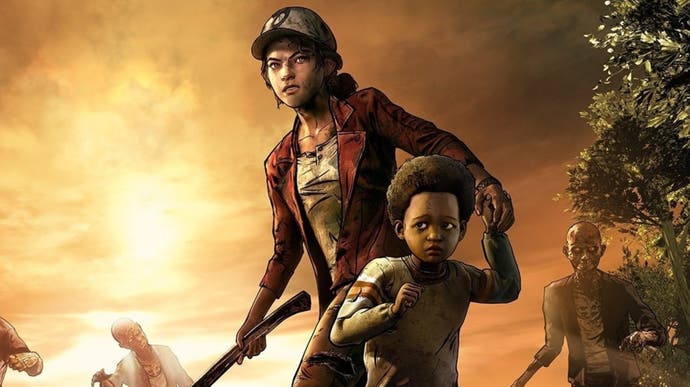



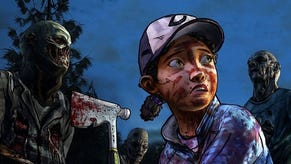
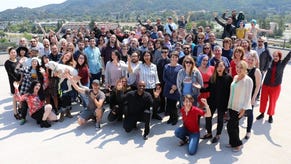

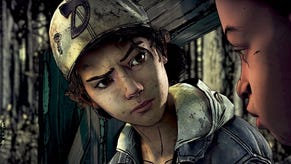
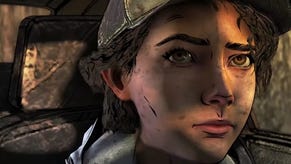
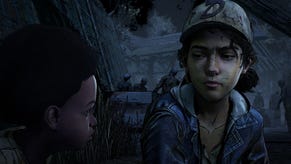





.png?width=291&height=164&fit=crop&quality=80&format=jpg&auto=webp)

